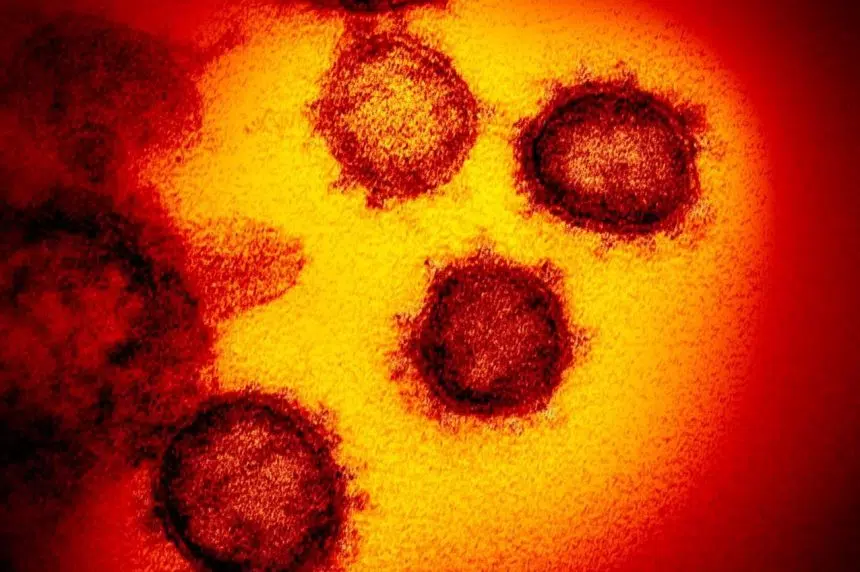The Omicron variant is the latest evolution of the COVID-19 pandemic, but it’s not worth overreacting to until we understand it better.
That was the message from University of Saskatchewan microbiologist Joe Blondeau while speaking with Gormley on Tuesday.
Blondeau said taking a cautious approach is the responsible reaction to the new variantm which has five confirmed cases in Canada. Forty people from Saskatchewan who recently returned from Africa are in quarantine, but have yet to test positive according to the province on Tuesday.
“I wouldn’t be jumping off a cliff just yet, the reason being is because we just don’t know enough,” said Blondeau. “We still need data that leads us to evidence in which we can make evidence-based decisions.”
What makes Omicron unique compared to other variants is it has more mutations. Of concern for Blondeau is whether these mutations can affect antibodies in individuals who already had the virus, or reduce the effectiveness of vaccines.
While that’s something to watch, Blondeau said he’s encouraged to see many of the early cases of Omicron have been mild so far with infected individuals not requiring hospitalization.
“There’s a lot of innuendo being tossed around within the media and social media. People are making claims which have not been substantiated without any scientific data,” Blondeau said. “It’s kind of a bit of a free-for-all right now.”
Blondeau noted the different reactions to Omicron from governments around the world, saying the precautions are a responsible approach until more facts are known. Canada was one of many countries to ban travellers from countries in southern Africa after the variant was identified.
Blondeau said the scientific community should have more to report on the new variant very soon.











